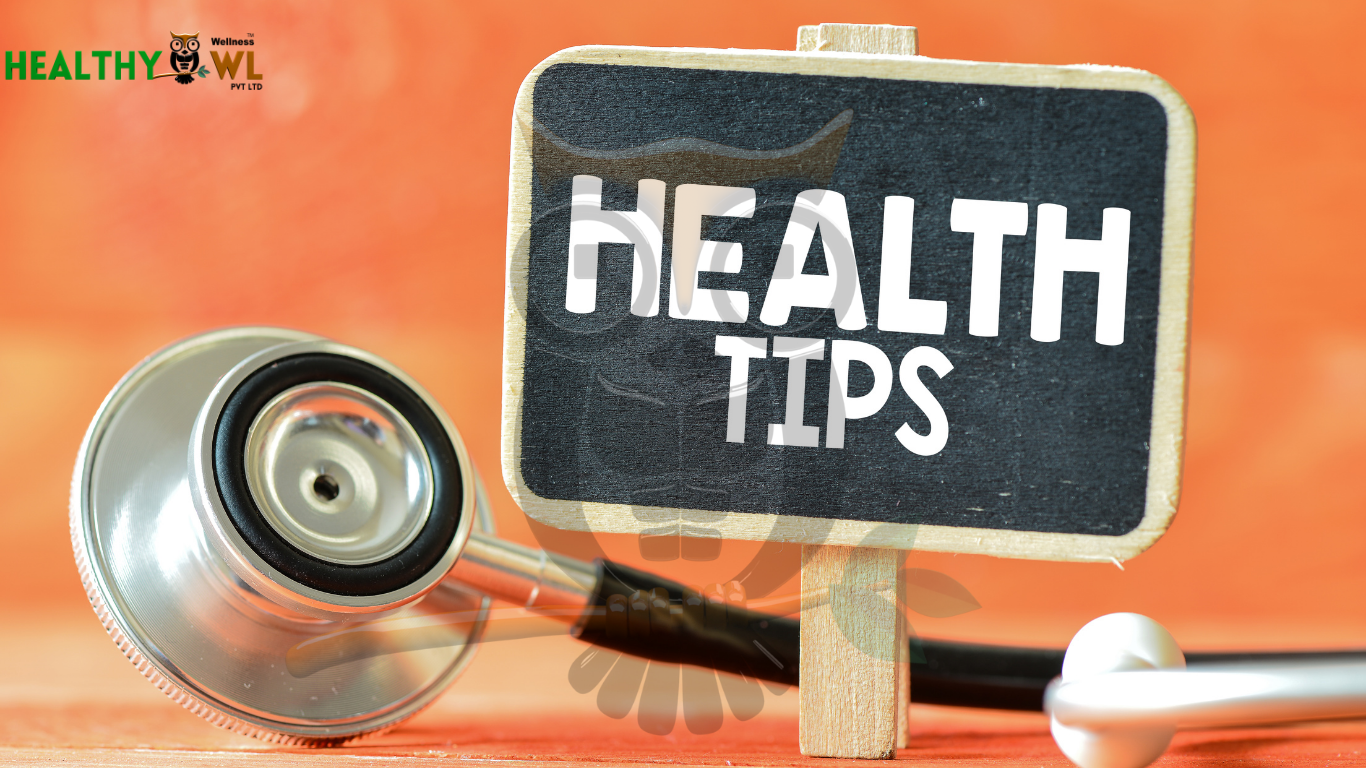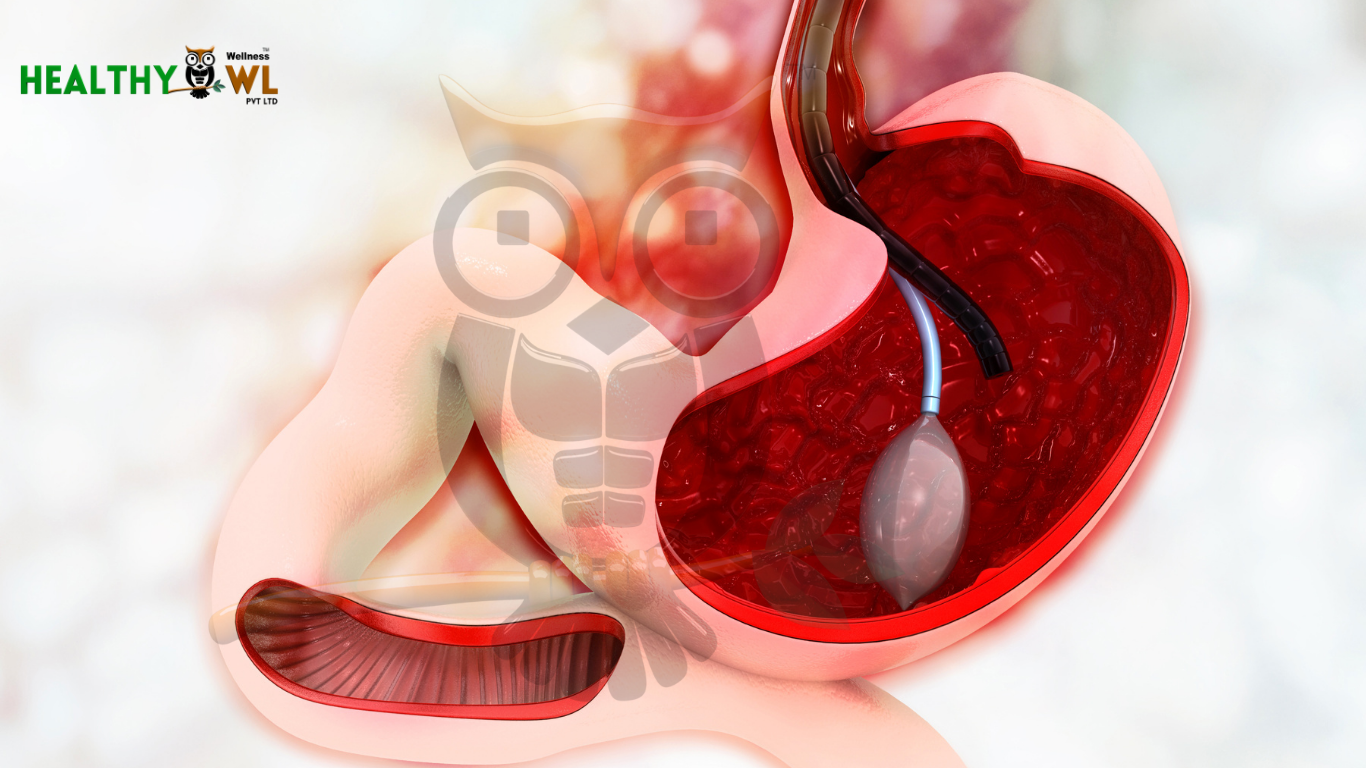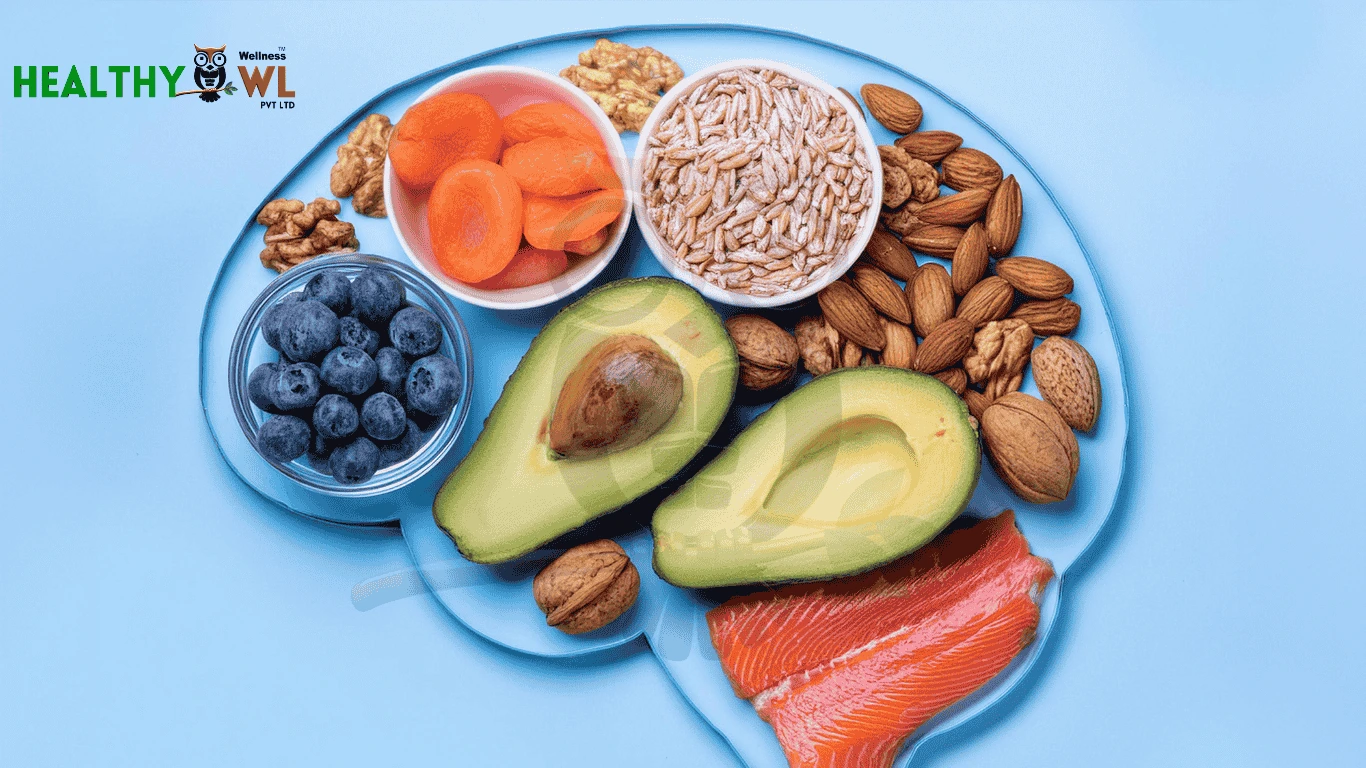Working the night shift presents unique challenges, especially when it comes to maintaining your night shift diet and overall nutrition. Late-night snacking, irregular meal schedules, and the lack of daylight can disrupt your body’s natural processes, making it hard to stay energized and focused. However, with a well-structured diet, you can keep your energy levels up, improve concentration, and even enhance your long-term health. Let’s explore how you can fuel your body properly and thrive during night shifts.
The Impact of Night Shifts on Your Body
Your body is programmed to follow the circadian rhythm—a natural internal process that regulates your sleep-wake cycle. Exposure to light at night can impact melatonin production, which not only influences sleep but also affects metabolism. When you work night shifts, this rhythm is thrown off balance. Not only does this affect your sleep, but it also impacts your metabolism, digestion, and overall health. Night shift workers are more susceptible to weight gain, digestive issues, and even chronic illnesses like diabetes and cardiovascular disease. Adopting the right diet can help minimize these risks and make night shifts more manageable.
1. Front-load Your Nutrients
Before your shift starts, consume a balanced meal that is rich in complex carbohydrates, proteins, and healthy fats. This meal will serve as your primary energy source, helping you stay alert and productive throughout the night.
Example Meal: A quinoa bowl with roasted vegetables, chickpeas, and grilled chicken. This meal offers slow-releasing energy, plenty of fiber, and protein to keep you fueled.
2. Healthy Snacks for Night Workers
Snacking during your shift is inevitable, but what you snack on makes a huge difference. Night shift workers often eat out of boredom or fatigue. Avoid sugary or highly processed snacks that cause blood sugar spikes and crashes. Instead, opt for nutrient-dense snacks that provide lasting energy. Drinking water before snacking can help distinguish thirst from hunger.
Healthy Snack Ideas:
- A handful of almonds or mixed nuts
- Apple slices with peanut butter
- Low-fat Greek yogurt with berries
These snacks are high in protein, healthy fats, and fiber, helping to stabilize your energy levels without causing sluggishness.
3. Meal Prep & Smaller Meals for Night Shift Energy
Rather than eating large meals that may make you feel heavy and lethargic, break your eating into smaller, balanced meals throughout your shift. This approach ensures your blood sugar levels remain stable and prevents the inevitable crash that follows a large meal.
Meal Idea: An egg and avocado wrap with whole-grain bread and a side of raw veggies. It’s light enough not to slow you down but filling enough to provide sustained energy.
4. Stay Hydrated—But Be Smart About It
Dehydration can worsen feelings of fatigue, so staying hydrated is key. However, reach for water, herbal teas, or drinks with electrolytes instead of sugary sodas or energy drinks, which can cause dehydration and energy crashes later in the shift.
Tip: Keep a water bottle nearby and aim for at least 8-10 glasses during your shift. Try coconut water for added electrolytes if you feel the need for a hydration boost.
5. Limit Caffeine Intake
Caffeine may be a night-shift worker’s best friend, but it can also be a hidden enemy. While caffeine can help you stay alert, too much—especially late in the shift—can interfere with your ability to sleep when you get home. Aim to consume caffeine only during the first part of your shift and switch to water or decaffeinated beverages as you approach the end of your workday.
Pro Tip: Opt for green tea or matcha, which offer a gentler caffeine boost alongside antioxidants, and avoid energy drinks or excessive amounts of coffee that can leave you jittery or restless.
6. Evaluate Your Post-Shift Eating Routine
Eating a heavy meal right after your shift can disrupt your sleep, as your body needs to focus on digesting food rather than resting. Consider evaluating your personal digestion patterns; for some, delaying eating until after some rest may work better. If you do eat immediately, choose light snacks that promote relaxation.
Ideal Post-Shift Snack: A small bowl of oatmeal with a drizzle of honey or a handful of nuts and a banana. These foods contain tryptophan and magnesium, which help relax muscles and promote better sleep.
7. Supplement Wisely
Night shift workers may face a vitamin D deficiency due to limited sun exposure. Consider talking to a healthcare provider about taking a vitamin D supplement, especially during the winter months. Omega-3 fatty acids and magnesium supplements may also help with mood regulation and sleep quality.
Tip: Incorporate foods rich in these nutrients, such as fatty fish (like salmon), flaxseeds, or chia seeds, to boost your intake naturally.
8. Include Foods for Gut Health
Night shifts can disturb digestion. Including probiotic-rich foods like yogurt, kefir, or fermented vegetables can support gut health and enhance digestion.
9. Combat Cravings with Balance
Late-night cravings often strike, particularly for sugary or salty foods. Combat these cravings by ensuring your meals are balanced with enough protein, fiber, and healthy fats. Satisfy your sweet tooth with dark chocolate or fresh fruit, and your savory cravings with lightly salted nuts or air-popped popcorn.
Quick Fix: A handful of unsweetened dried fruit or a small serving of dark chocolate can keep you satisfied without spiking your blood sugar.
10. Plan for the Long Term
Meal prepping is essential for night shift workers. Having healthy, ready-to-eat meals ensures that you won’t reach for convenient but unhealthy options. Invest in prepping meals at least twice a week, focusing on easy-to-pack foods that require minimal effort to eat on the go.
Prep Tip: Create balanced, nutrient-dense meals like grilled chicken salads, lentil soups, or stir-fried veggies with tofu that you can easily pack and consume during breaks.
Conclusion
Working the night shift doesn’t mean compromising your health. By paying attention to your diet, meal timing, and hydration, you can reduce the strain on your body and stay energized throughout the night. Whether it’s through meal prepping, choosing nutrient-dense snacks, or managing caffeine intake, these diet tips will help you navigate the challenges of night shifts while keeping your health on track.
Want personalized guidance on maintaining your night shift diet while working odd hours
Contact Healthy Owl Wellness today for a custom nutrition plan that fits your lifestyle!
Sources:
- American Journal of Clinical Nutrition
- Mayo Clinic
National Sleep Foundation











